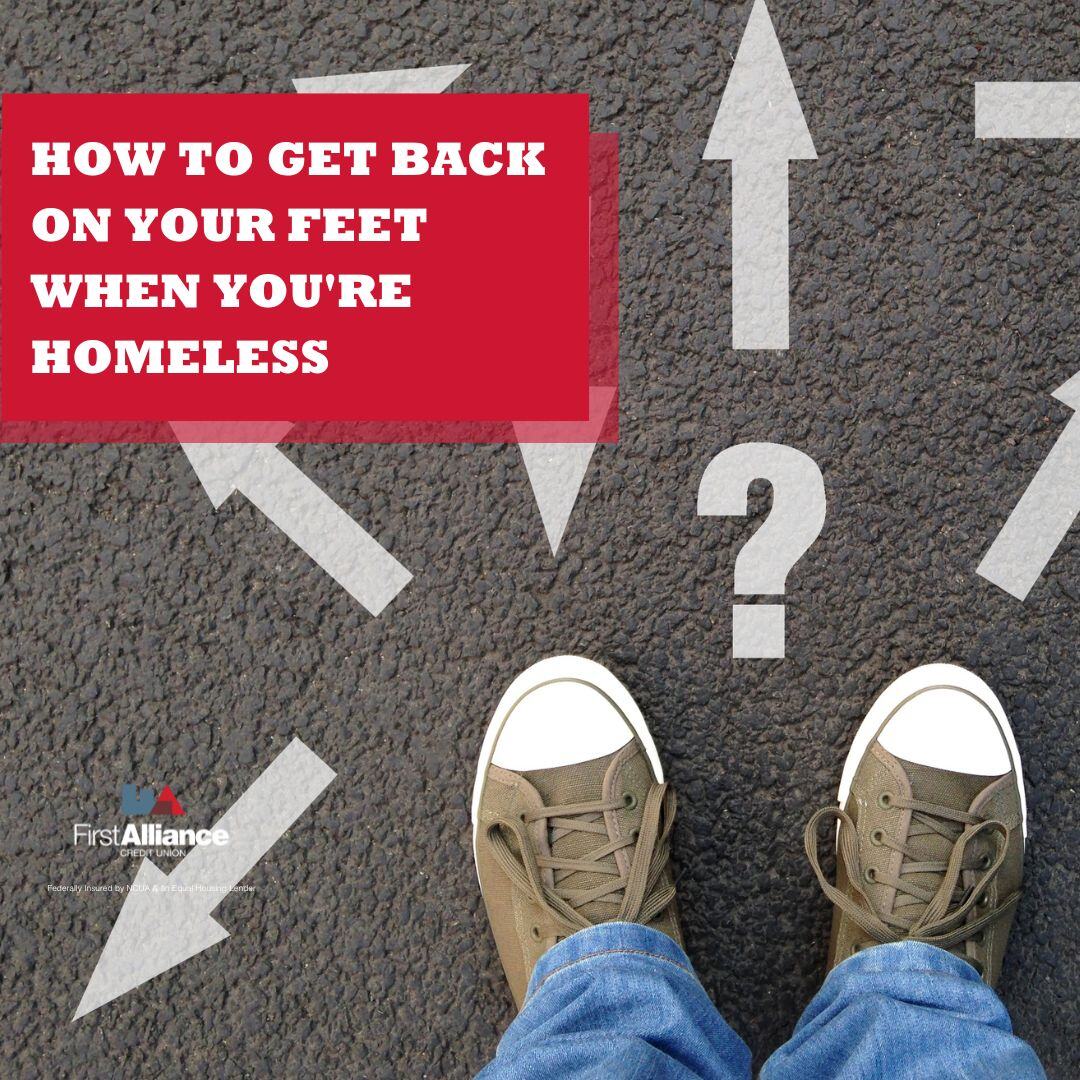What is a Financial Relief Loan and How Does it Work?
Everyone says they could use some extra money, but thanks to the COVID-19 pandemic even a couple hundred dollars can help someone make rent or afford...
3 min read
 Chris Gottschalk
:
Jun 30, 2020 6:15:00 AM
Chris Gottschalk
:
Jun 30, 2020 6:15:00 AM

While taking out a loan can make huge purchases affordable, it also comes with an obligation to make regular payments each month. If you get furloughed, have your hours cut or get laid off entirely, you might have trouble making those payments.
If you’re in this position, you’re probably worried about what will happen if you miss a payment on an important bill, especially a loan. What happens if you miss a student loan payment or an auto loan payment?
Fortunately, you aren't helpless in this situation. You can take steps that may not make the problem go away completely, but they should help keep your head above water until you can get back on your feet.
The first thing you need to do is make a list of all the bills you pay each month. This will be easy if you’ve been keeping a monthly budget. If you don’t have a budget, gather all your bills and write them down in a notebook or a spreadsheet.
Once you have a list of all your monthly bills, you’re going to want to prioritize your spending, starting with the essentials. Financial experts recommend prioritizing your spending in this order:
After you’ve prioritized your monthly bills, look at the money you have coming in and allocate it accordingly. Figure out which of these categories you’ll be able to pay each month and make a note of all the bills in each category you won’t be able to pay in full. You can download this budgeting worksheet to help you get started.
 Now that you know which creditors you won’t be able to pay in full each month, the next step is to contact them. This isn’t an easy step for most people. Admitting you’re struggling financially can feel embarrassing.
Now that you know which creditors you won’t be able to pay in full each month, the next step is to contact them. This isn’t an easy step for most people. Admitting you’re struggling financially can feel embarrassing.
You have to do it, though. If you don’t, your account will become delinquent and your creditors will have no idea why. Instead, get in front of the situation and be honest about why you’re not able to make payments.
If you’re still uncomfortable with contacting your creditors, remember that most of them want to work with their borrowers to make sure they get their money back, and they might be able to reduce your loan payments temporarily or even allow you to skip a month or two. It’s also worth pointing out that many creditors have special relief measures due to the Coronavirus pandemic, so if your situation is due to the pandemic, be sure to mention it to the representative you’re working with.
If you can reach an agreement with your lender, be sure to get it in writing. This will be extremely important if the lender includes a condition to which you hadn’t agreed.
 Finally, you need to be prepared to repeat this process if your situation hasn’t improved by the end of the month. If you’re still furloughed or unemployed, you’ll need to call your lenders again and update them on your situation.
Finally, you need to be prepared to repeat this process if your situation hasn’t improved by the end of the month. If you’re still furloughed or unemployed, you’ll need to call your lenders again and update them on your situation.
If you know you won’t be able to pay all your creditors in full for more than a month or two, you might want to talk with your lenders about a longer-term agreement. Again, get any agreement between you and your lender in writing.
Few situations can be as scary as realizing you can’t make a payment on a loan. However, if you keep calm, pay the important bills first and work with your lenders, you’ll be able to keep your head above water until your financial situation improves.
You can also become a member of First Alliance Credit Union and take advantage of the services we offer to members that are suffering through financial hardship. Our Anytime Skip a Pay form can give you some temporary relief, and our lending advisors can help you refinance your loans to get a lower monthly payment or even consolidate your debts. First Alliance also offers financial guides, such as our beginner’s guide to budgeting that will help you allocate your money most effectively, and calculators that will help you do anything from figure out a budget to the length of time you’ll need to pay off your credit cards.

Everyone says they could use some extra money, but thanks to the COVID-19 pandemic even a couple hundred dollars can help someone make rent or afford...

Credit card debt is a lot like a horror-movie monster. It can sneak up on you if you’re not careful, and once it appears it usually doesn’t go away...

While many financial situations can be challenging, homelessness is in a class by its own. If you’ve lost your home or apartment, you’re more than...